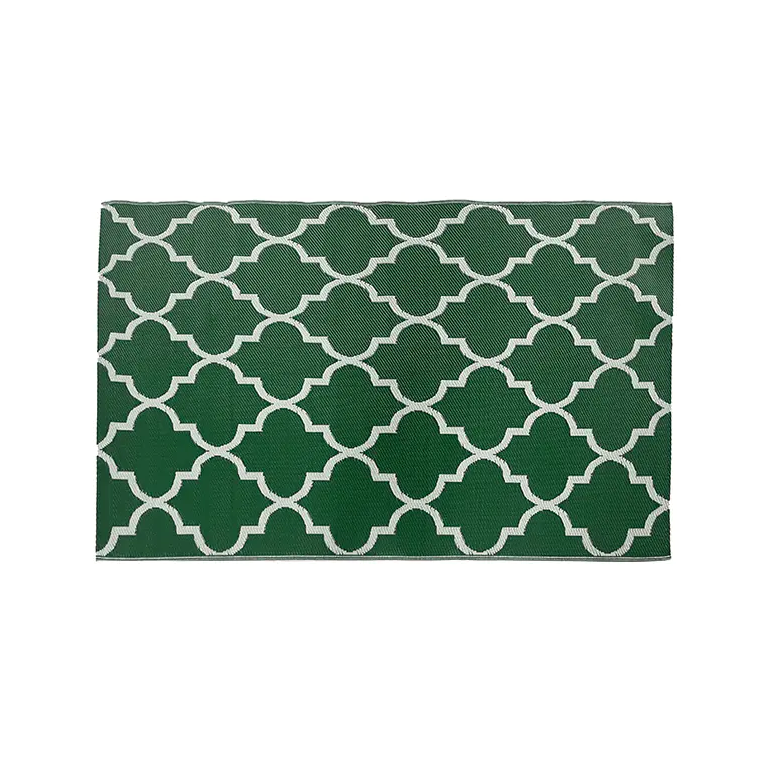When planning outdoor activities such as picnics, camping, or beach trips, the comfort of a PP Picnic Mat becomes a critical factor, especially during extended periods of sitting or lying down. While portability and water resistance are often prioritized, the thickness of the mat directly influences comfort, pressure distribution, and overall usability. Understanding how thickness impacts long-term comfort can help users choose the most suitable mat for their outdoor needs.
Importance of Mat Thickness
The thickness of a PP mat determines the level of cushioning between the body and the ground. Thin mats provide minimal padding and may be sufficient for short-term use or on soft surfaces such as grass. However, prolonged sitting or lying on a thin mat can lead to discomfort, as pressure points develop under bony areas such as the hips, lower back, and tailbone. In contrast, thicker mats offer better shock absorption, evenly distributing weight across a larger surface area and reducing strain on the body during long sessions outdoors.
Comfort on Different Surfaces
The ground surface plays a crucial role in comfort as well. On softer surfaces like grass or sand, a moderately thick mat can provide adequate cushioning and insulation from dampness. On harder surfaces such as rocky terrain, concrete, or compact soil, thicker mats become essential to prevent discomfort and soreness. A PP Picnic Mat with sufficient thickness not only cushions the body but also adds a protective layer against uneven or rough surfaces, making long-term outdoor activities more enjoyable.
Influence on Posture and Fatigue
Extended use of a mat that is too thin may force users to adjust their posture frequently, leading to muscle fatigue or stiffness. Conversely, a mat with appropriate thickness allows for a more relaxed seating or reclining position. This is particularly important for family outings, picnics with children, or outdoor events that last several hours. A well-cushioned PP mat encourages better posture, reduces pressure points, and minimizes the risk of discomfort-related interruptions.
Balancing Portability and Comfort
One challenge with thicker mats is portability. Heavier or bulkier mats may be less convenient to carry, especially for hiking or long-distance travel. Manufacturers often address this by designing foldable or rollable PP mats that maintain adequate thickness while remaining compact. By choosing the right thickness that balances comfort and portability, users can enjoy extended outdoor activities without sacrificing convenience.
Additional Considerations
Material density and layering also affect comfort. High-density PP mats provide firmer support, which may be preferable for certain outdoor settings, while layered designs offer enhanced cushioning without excessive bulk. Mats with textured surfaces can further improve grip and stability, preventing sliding when seated or lying down. These features collectively enhance long-term comfort and usability, complementing the thickness of the mat.
The thickness of a PP Picnic Mat has a significant impact on long-term comfort during outdoor activities. Thicker mats provide better cushioning, distribute body weight more evenly, and reduce pressure-related discomfort, particularly on hard or uneven surfaces. While thin mats may be suitable for short-term use, selecting an appropriately thick and well-designed mat ensures a more enjoyable experience, allowing users to sit or recline comfortably for extended periods. Balancing thickness, portability, and material quality is key to maximizing comfort and usability for any outdoor adventure.
Size: 90x150cm, 90x180cm, 120x180cm, 150x210cm, 180x270cm, 240x300cm, 270x360cm, 270x540cm,customized size
Pattern: Customized
Material: PP/ Polypropylene
Applicability: Suitable for Picnic use
Packing detail: Each piece is folded/rolled
Size, design, and packing can be customized; special requirement is allowed



